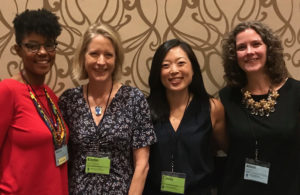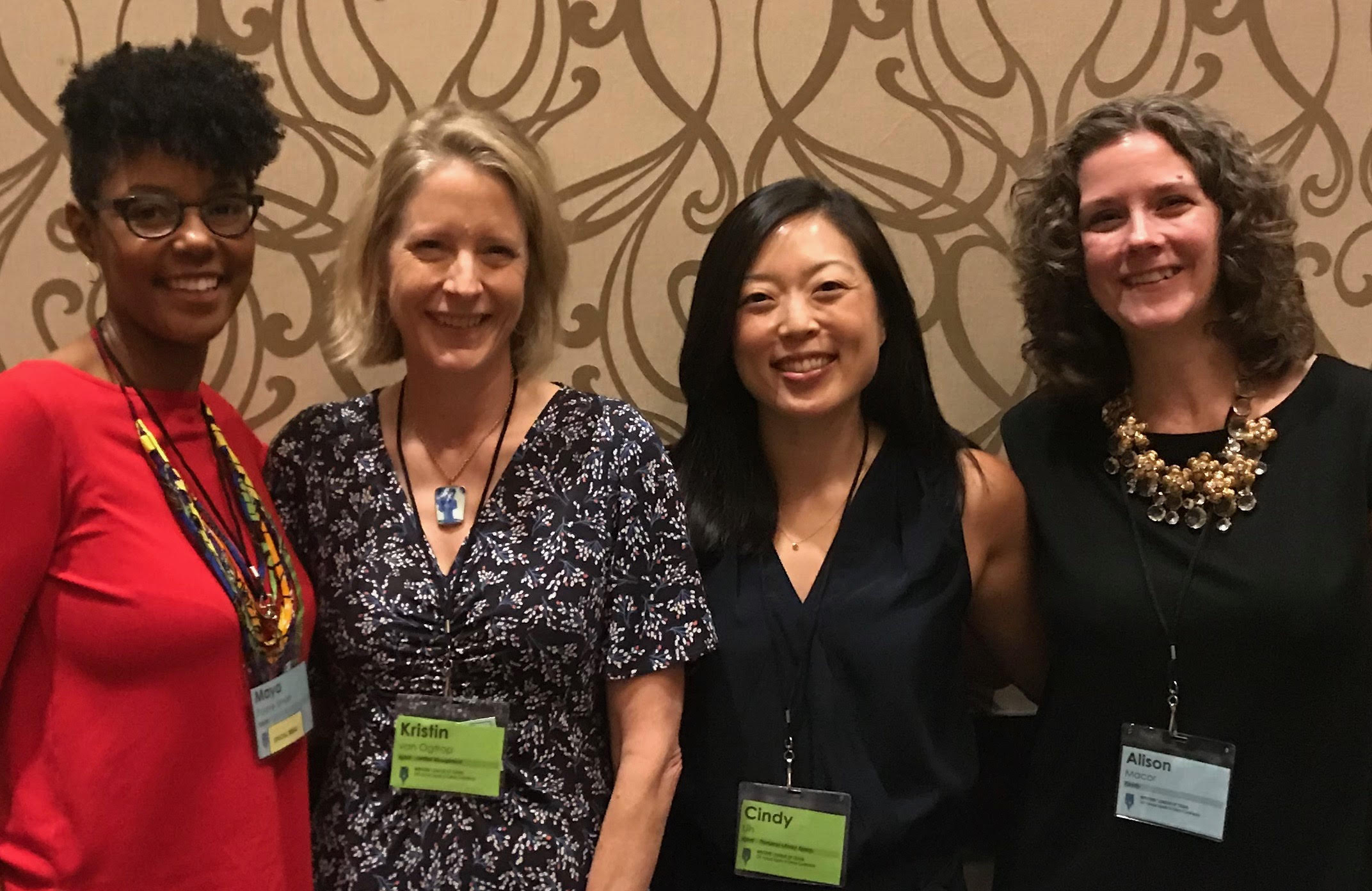At any writers’ conference you’ll hear about how important a captivating book proposal is for wooing agents. But there’s one proposal section that’s seldom discussed and little understood—yet which warrants more attention if you want to succeed.
That’s the section listing “comps” for your book. The name alone invites confusion. Ask three agents what it means and you could get as many responses. Competitive books, one might say, while the others suggest comparative or complementary titles. And, though similar, each term carries distinct connotations. Competitive books might be bought instead of your book, while complementary books might be bought alongside it. Comparative books might be completely unrelated in subject, but have another facet in common with your book, such as design, tone, or structure.
Whichever the variety, comps can be incredibly illuminating and powerful tools for writers seeking to convey where their tome fits in the market. Your selections should show how knowledgeable you are about current literary trends and communicate how your manuscript will mirror winning traits of recent strong-selling titles. (Select books released within the last five years. Recency is important because the market and readers’ appetites are dynamic.)
“It’s not about saying, ‘My book is better than this book, or my book is going to sell more than this book,’” explains Cindy Uh, a senior agent with Thompson Literary Agency. “It’s about saying, ‘There are aspects of this book that worked and those aspects are also reflected in my book.’”
Author Alison Macor encourages “getting out from behind your computer and actually going to a bookstore” when researching comps. “I think people think about this less now because so much is within our reach just from our device, but it really does help to go out to the bookstore and see where books are,” she says. The in-person research mission might surprise you with comp titles you hadn’t considered or fresh insights into where your book-to-be belongs on the shelf. Talking to booksellers and reading “shelf talkers”—the mini-reviews displayed in stores—can also guide you in promising directions.
Just be sure to consider sales when making your final selections. If the titles you find similar to yours bombed, it doesn’t bode well for your project. Few writers have direct access to sales figures (which are available through pricey subscription services like BookScan), but you should get a general feel for the success of comp titles you may include in your proposal by reading reviews, checking Amazon sales rankings, and monitoring bestseller lists from the New York Times, Amazon, and Publishers Marketplace.
And don’t feel like you have to include THE bestselling title in your category. In fact, you’ll stand out more (in a good way) if you don’t. “Don’t compare your book to ‘Wild’ and don’t compare your book to ‘Eat, Pray, Love,’” advises Kristin van Ogtrop, the former editor-in-chief of Real Simple magazine and a new literary agent with InkWell Management. “Every day I get a pitch that [someone’s memoir is] like ‘Wild’ or it’s like ‘Eat, Pray, Love.’ You can do better than that.”
Van Ogtrop recommends viewing comps in terms of audience and pondering the question, “The people who like this book will also like my book because …?” This expands the realm of prospective comps beyond straight comparisons—and unrealistic ones.
For example, a grief memoir’s comps needn’t be five other grief memoirs, observes Uh. “Think outside the box. You can look to other aspects of your book—the humor, the tone, the voice, the organization, what emotions it brings,” she says. “These are the most interesting comp titles to me, when I’m able to see somebody bring in the strengths of other books and say, ‘This is what my book ties together.’”
Recommended Reads
How to Write a Book Proposal: The Insider’s Step-by-Step Guide to Proposals that Get You Published (Fifth Edition)
By Jody Rein and Michael Larsen
Thinking Like Your Editor: How to Write Great Serious Nonfiction and Get It Published
By Susan Rabiner and Alfred Fortunato
—
All quotes are from the “Genre Close-Up: Nonfiction and Memoir Proposals” panel I moderated at the 2019 Writers’ League of Texas Agents & Editors Conference. Thanks to Alison Macor, Kristin van Ogtrop, and Cindy Uh for sharing your expertise!



